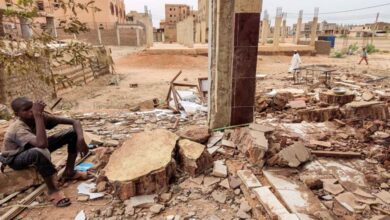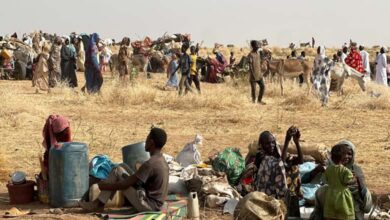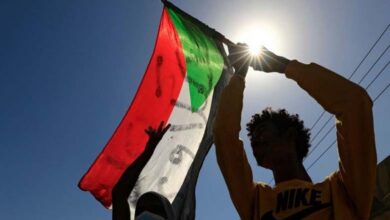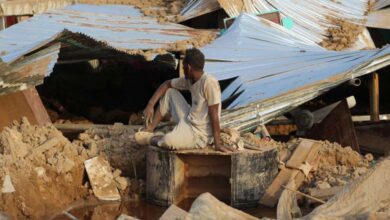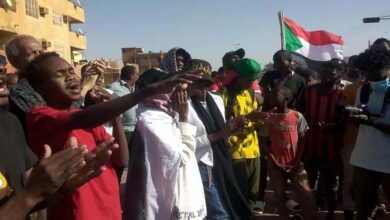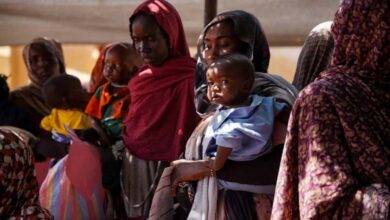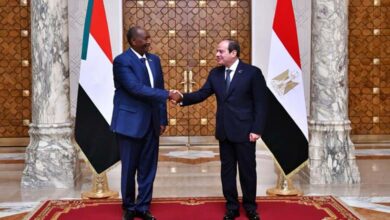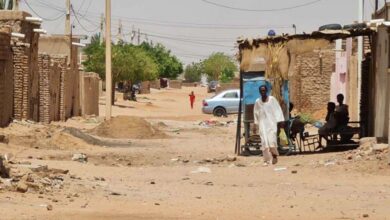Disguised Guardianship: Sudan Between Its Internal Chaos and Ankara’s Expanding Influence
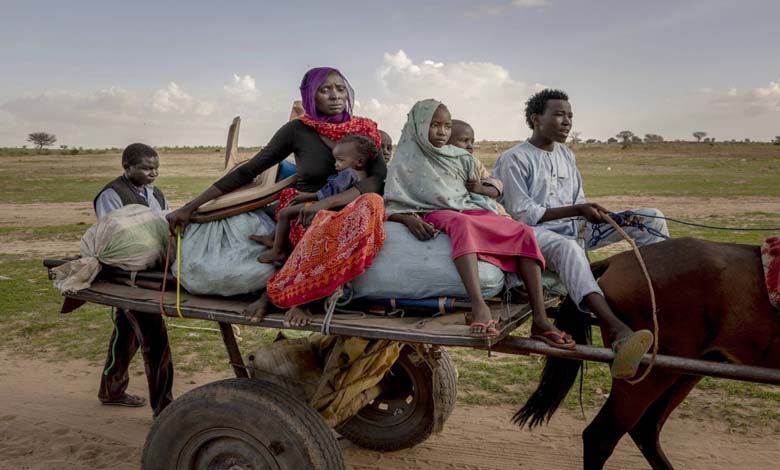
Sudan has never been far from Ankara’s ambitions. For years, Turkey has viewed this African nation not as a natural partner, but as a strategic opportunity. Behind the diplomatic slogans promoted by successive governments lies a hidden agenda: turning Khartoum into a hub of Turkish influence linking the Red Sea to the Horn of Africa, while reviving the dream of former Ottoman power.
-
Sudan Between the Hammer of Its Crises and the Anvil of Turkish Influence
-
Turkish Intervention in Sudan: Foreign Influence Threatening Internal and Regional Stability
Initially, the relationship appeared under the label of “economic cooperation and joint investments.” Yet the true intentions became clear with the Suakin Island deal, presented to both publics as a tourism project but in reality a Turkish bid to establish military and political foothold on the Red Sea. From that point on, it was evident that Sudan represented only one link in a broader expansionist project, where Ankara relies on money, weapons, and political maneuvering.
Following the fall of Omar al-Bashir’s regime, Turkey did not step back but recalibrated its approach. Instead of openly engaging the government, Ankara shifted to discreetly backing selected military and political actors, providing advanced equipment and logistical expertise. What had once been an “official partnership” evolved into a “shadowy arrangement” operating behind the scenes.
-
Turkish Intervention in Sudan: A Short Film Reveals the Secrets of Influence and Expansion Patterns
-
Smuggling Weapons Under the Guise of Humanitarian Aid: Turkey’s Role in Sudan Between Hidden Agendas and Public Support
A recent short film exposes, with striking evidence, how Turkish resources have fueled Sudan’s internal divisions, turning economic and military aid into instruments for spreading disorder. It asks Turkish viewers a blunt question: what genuine benefit does Turkey gain from entrenching itself in Sudan’s turmoil? Is it economic investment? Strategic leverage? Or merely a foreign gamble draining national resources and tarnishing Ankara’s global image?
The most alarming revelation is that Sudan’s sovereignty has become directly compromised. Turkish involvement has shifted from cooperation to an attempt at imposing political and security agendas. Bilateral ties now appear ambiguous: outwardly cooperative, but in essence a form of guardianship undermining Sudan’s independence.
-
Turkey’s Military Involvement in Sudan: Between Drone Failure and an Islamist Agenda in Port Sudan
-
When Weapons Are Tested Outside Laboratories: Turkish Drones in Sudan and the Unveiling of an Overlooked Truth
This pattern is not confined to Sudan. The film draws parallels with Turkey’s role in Libya, Somalia, and Syria. Each time, Ankara replicates the same playbook: direct involvement, selective backing of factions, flow of weapons, in exchange for strategic footholds. The outcomes, however, are consistent: chaos in the host countries, strain on Turkey’s own economy, and a decline in its international standing.
The documentary’s core message is aimed at Turkish public opinion: the real issue is not Sudan alone, but the heavy cost of these policies. Every opaque deal and every weapons shipment adds new burdens on Turkish citizens already suffering from severe economic hardships. And instead of strengthening Ankara’s global stature, these ventures portray a nation growing more isolated and politically fragile.
-
The Return of Islamists in Sudan: Military Support and Regional Alliances Disrupt Political Transition
-
Islamists and the Reproduction of Military Rule: Background and Political Investigation
Ultimately, the film is more than a glimpse into bilateral relations. It unveils the threads of a wider network of influence Turkey seeks to weave at the expense of regional nations. Sudan may be just one case, but it demonstrates how glittering slogans translate into expansionist projects tinged with dubious deals. Beneath the rhetoric of “national security,” Turkey risks planting the seeds of future crises that could ultimately rebound against its own leadership.


